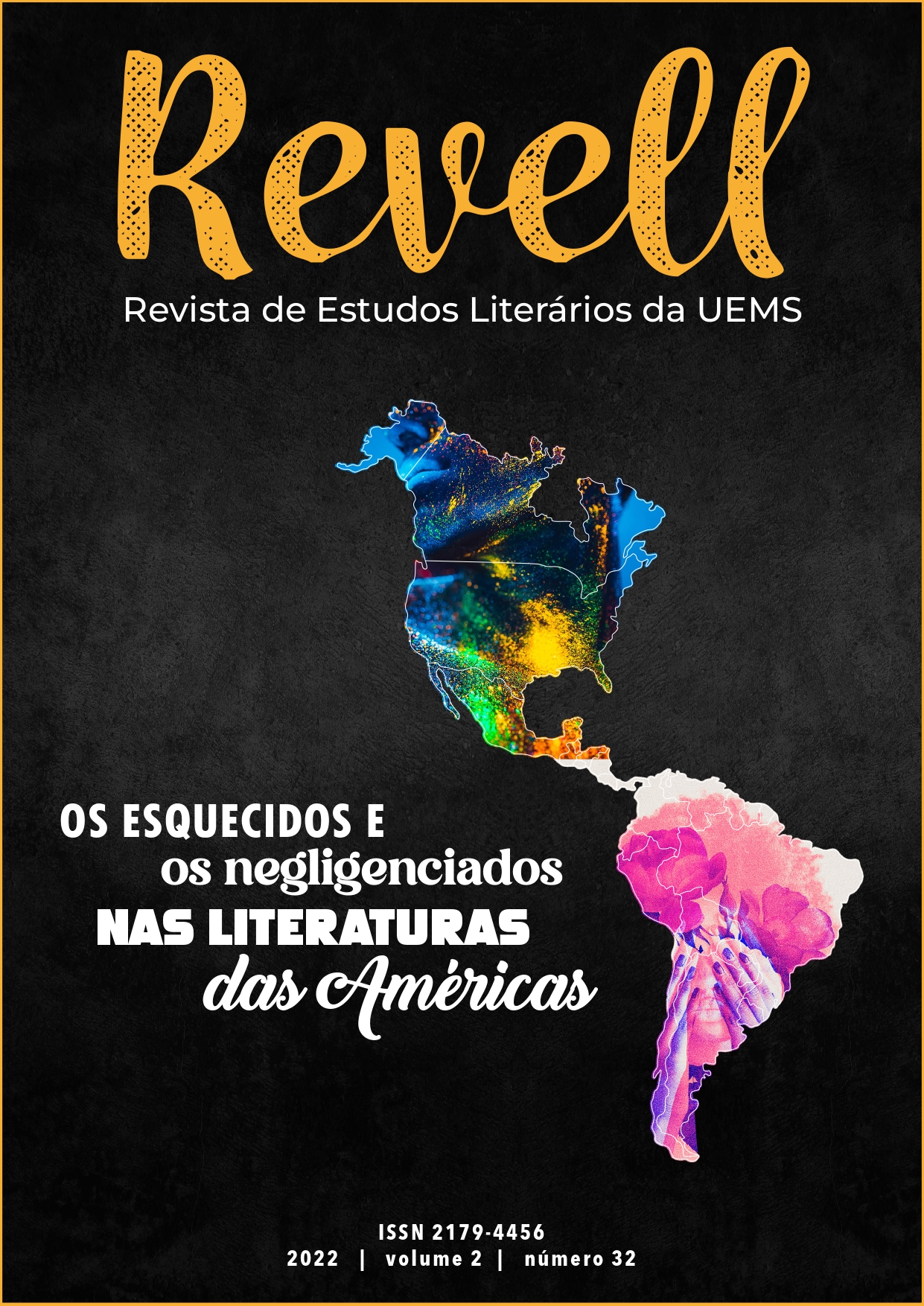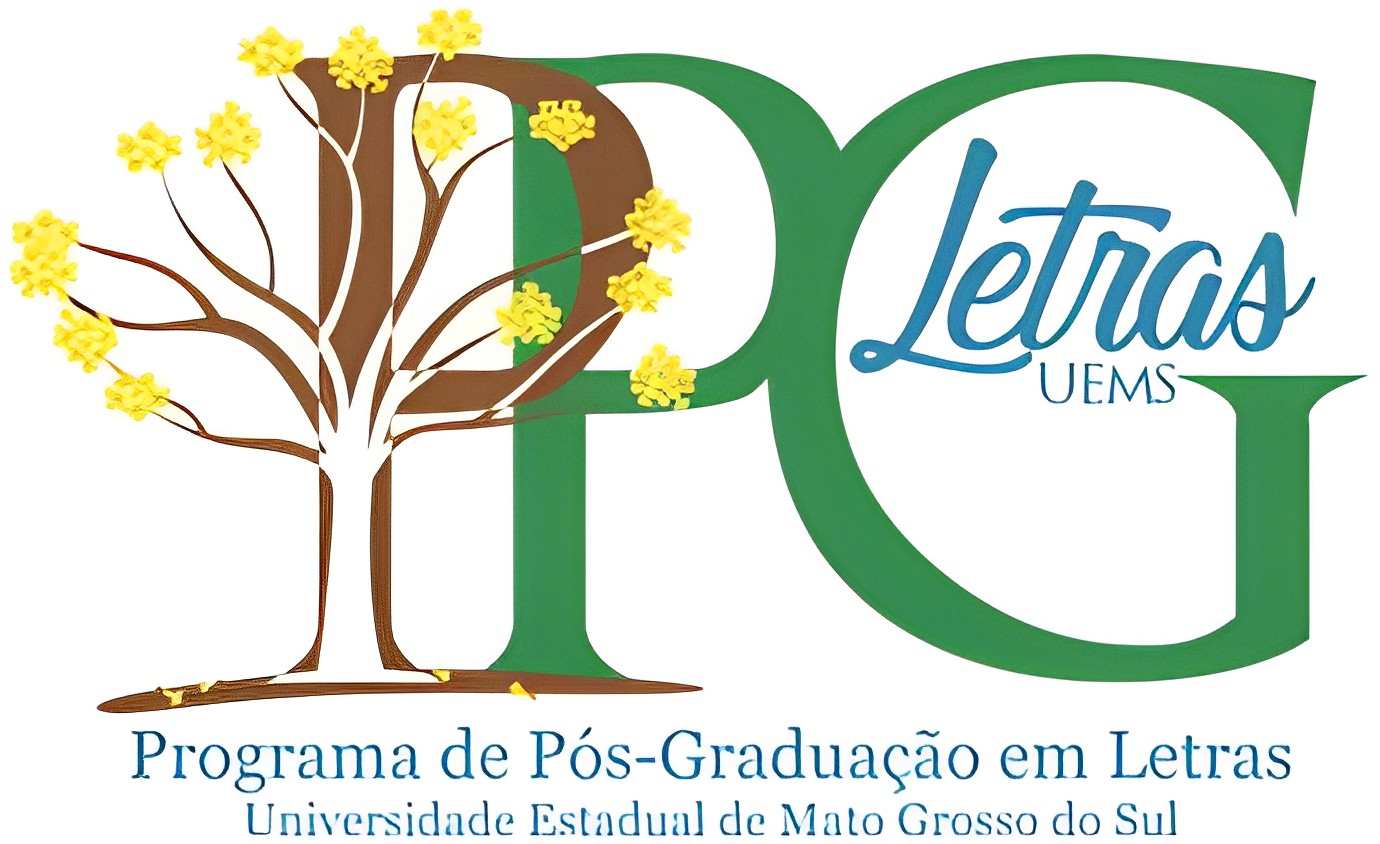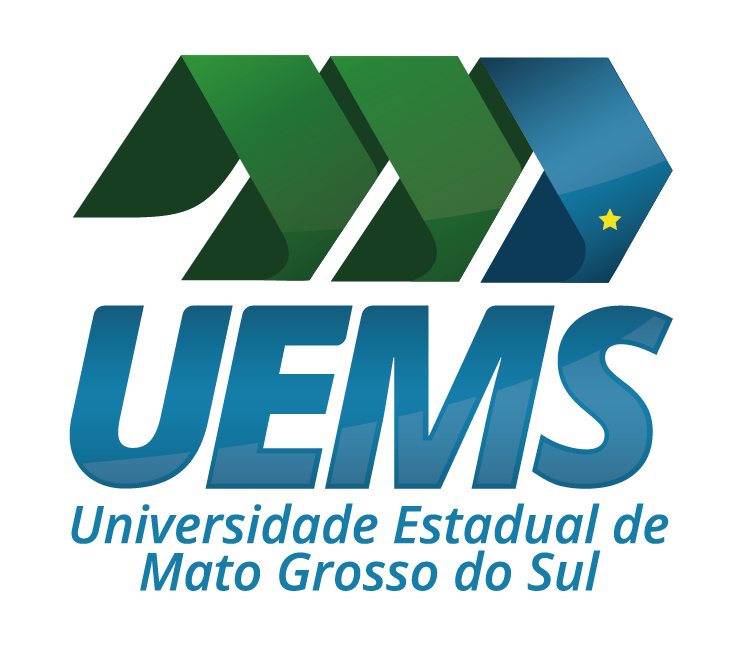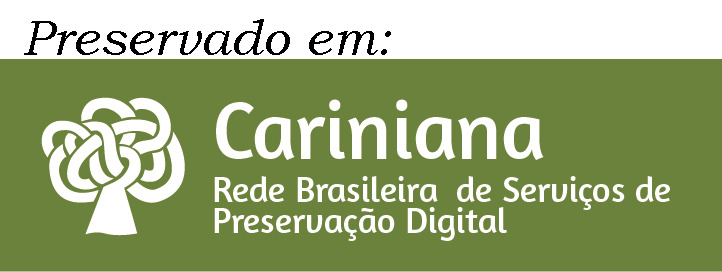Mil rosas roubadas, de Silviano Santiago: da escrita ao reconhecimento do sujeito burguês
DOI:
https://doi.org/10.61389/revell.v2i32.7139Keywords:
Problematic hero; Narrator; Mil rosas roubadas; Silviano Santiago.Abstract
This analytical proposal is based on assumptions of the theory of the modern novel. The theme focuses on the position adopted by the hero-author of Mil rosas roubadas, by Silviano Santiago throughout his fictional construction. The objective is to understand how the construction of the problematic hero's face clarifies the relationship between the self and the other/Zeca in the aforementioned novel. In this course, we start from the hypothesis that when leaving himself and finding the other/Zeca, the narrator returns to himself in a position to reflect on his mask of a bourgeois subject. The methodology is anchored in the resource of research in the area of Theory and Literary Criticism. Therefore, the study developed by Georg Lukács in Teoria do romance (2000). Is adopted as the main analytical input element in Silviano Santiago's text. It should be noted, however, that other authors will also be brought to the discussion at opportune moments. With a similar analytical approach, it is hoped to reach an understanding of some details that help to compose the face of the problematic hero inserted in Santiago's novel.
References
ASSIS, Machado de. Memórias Póstumas de Brás Cubas. São Paulo: Martin Claret, 2003.
BAKHTIN, Mikhail. Estética da Criação Verbal. Trad. Maria Ermantina Galvão G. Pereira. São Paulo: Martins Fontes, 1997.
COLLOT, Michel. O sujeito lírico fora de si. In: Signótica, v. 25, n.1, p.221-241, jan/jun, 2013. Trad. Zênia de Faria, Universidade Federal de Goiás; Patrícia Souza Silva Cesaro, Universidade Federal de Goiás.
FEHÉR, Ferenc. O romance está morrendo? Contribuição à teoria do romance. Trad. Eduardo Lima. Rio de Janeiro: Paz e Terra S.A, 1972.
FREUD, Sigmund. O mal-estar na civilização. Texto copiado integralmente da edição eletrônica das obras de Freud, versão 2.0 por Tupykurumin. Disponível em: www.projetovemser.com.br. Acesso em: 20 abr. 2019.
GENETTE, Gérard. O discurso da narrativa. Trad. Fernando Cabral Martins. Lisboa: Arcadia, 1979.
LUKÁCS. Georg. A teoria do romance. Trad. José Marcos de Macedo. São Paulo: Duas Cidades, 2000.
MOREIRA, Jaqueline de Oliveira. “Revisitando o conceito de eu em Freud: da identidade à alteridade”. Disponível em: RAMOS, Graciliano. São Bernardo. Rio de Janeiro: Record, 2005.
RIBEIRO, Roberto Carlos. “Silviano Santiago e a Leitura Crítica”. 3º Colóquio do Grupo de Estudos Literários Contemporâneos: um cosmopolitismo nos trópicos e 100 anos de Afrânio Coutinho (1911-2011): A crítica Literária no Brasil. 2012. Disponível em: http://www2.uefs.br/dla/romantismoliteratura/coloquiogrupodeestudos2011/anais/3coloq.anais.pdf. Acesso em: 22/07/2020.
SANTIAGO, Silviano. Mil Rosas Roubadas. São Paulo: Companhia das Letras, 2014.
Downloads
Published
How to Cite
Issue
Section
License
Copyright (c) 2022 REVELL - REVISTA DE ESTUDOS LITERÁRIOS DA UEMS

This work is licensed under a Creative Commons Attribution 4.0 International License.
DECLARAÇÃO DE ORIGINALIDADE E EXCLUSIVIDADE E CESSÃO DE DIREITOS AUTORAIS
Declaro que o presente artigo é original e não foi submetido à publicação em qualquer outro periódico nacional ou internacional, quer seja em parte ou na íntegra. Declaro, ainda, que após publicado pela REVELL, ele jamais será submetido a outro periódico. Também tenho ciência que a submissão dos originais à REVELL - Revista de Estudos Literários da UEMS implica transferência dos direitos autorais da publicação digital. A não observância desse compromisso submeterá o infrator a sanções e penas previstas na Lei de Proteção de Direitos Autorais (nº 9610, de 19/02/98).



















